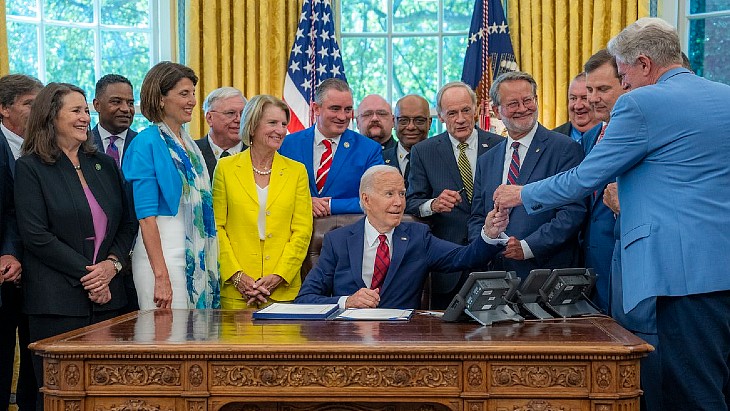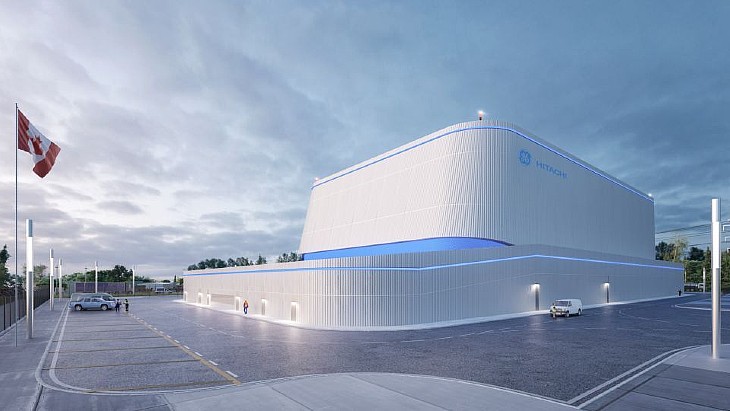Kyushu applies for 20-year extensions for Sendai 1 and 2
.jpg)
Sendai 1 and Sendai 2, 890 MWe pressurised water reactors, will have been in operation for 40 years in July 2024 and November 2025. Under regulations which came into force in July 2013, Japanese reactors have a nominal operating period of 40 years - extensions may be granted once only and are limited to a maximum of 20 years, contingent on exacting safety requirements.
Kyushu Electric Power Co said: "In order to apply for approval to extend the operation life span of nuclear power stations beyond 40 years, a special inspection is required by the Nuclear Reactor Regulation Act. For Sendai Nuclear Power Station Unit 1 and 2 these inspections started on October 12, 2021 and February 21, 2022 respectively.
"The results of these special inspections verified the integrity of reactor pressure vessels and containment vessels. Also, we conducted an evaluation to assess age deterioration, and on the basis of this evaluation, together with the results of the special inspections, we formulated a maintenance management policy. Based on the outcome, it was confirmed that the integrity of these stations can be assured even if a 60-year operational period was assumed. Therefore, today we submitted to the NRA applications for approval to extend the operation life span for another 20 years and to make changes in technical specifications of nuclear reactor facilities on the assumption of extended operation.
"We will continue to address future government inspections with utmost care, while proactively disclose information to local communities and the general public regarding these undertakings, in order to build public trust in our nuclear operations."
Prior to the March 2011 accident at the Fukushima Daiichi plant, Japan's nuclear generating capacity had provided around 30% of the country's electricity. However, within 14 months of the accident, the country's nuclear generation had been brought to a standstill pending regulatory change. So far, ten of Japan's 39 operable reactors have cleared inspections confirming they meet the new regulatory safety standards and have resumed operation. Another 17 reactors have applied to restart. In 2021, nuclear energy provided just 7.2% of the country's electricity.
Japan’s Prime Minister, Fumio Kishida, said in August the country should "mobilise the collective efforts of all parties concerned toward restarting operations, and to extend the operating period on the premise of ensuring safety". He also called for nine of the ten restarted reactors to be online during the coming winter - as of August Sendai 1 and 2 were among five that were operating.










_88592.jpg)

